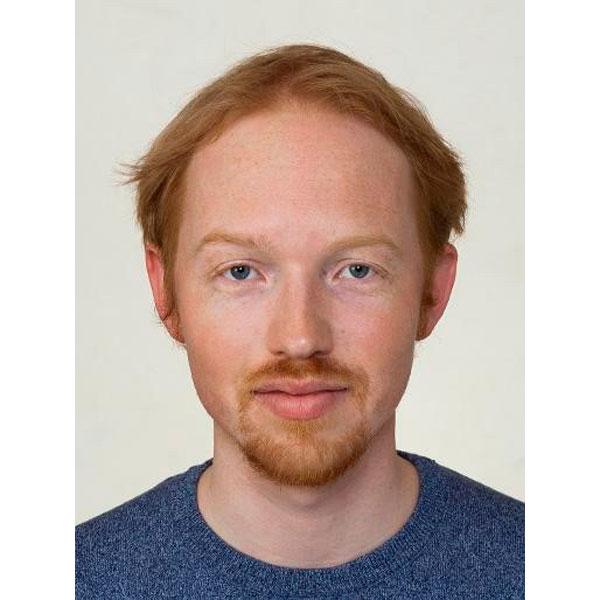Sjoerd Beentjes (Affiliate)
Targeted Causal Machine Learning for Population Biomedicine

Research in a Nutshell
We are interested in applications of pure mathematics and mathematical statistics to causal questions in population biomedicine and public health policy. We take a cross-disciplinary approach, collaborating closely with experts from diverse backgrounds. Where possible, we develop and take advantage of model-independent methods in mathematical statistics and machine learning, such as Targeted Learning.
Targeted Learning allows for the construction of estimators of biological quantities that can be mathematically proven to have an optimal bias-variance trade-off. This is essential in light of the arrival of truly large-scale databases, such as the UK Biobank, as size presents novel challenges to current statistical techniques: ever more precise measurements (smaller variance) expose untrue biological or modelling assumptions (bias). Since it is rarely possible to quantify bias a posteriori, we employ deep mathematical theory to obtain a priori control over bias.
Currently, our research is focussed on three contexts:
- Pure mathematics: We are interested in repurposing and extending existing parts of pure mathematics for applications to biomedicine, such as topological data analysis, algebraic statistics, and model-independent statistics, applied to, e.g., single-cell sequencing data.
- Population biomedicine: We develop and apply mathematical and statistical techniques in the framework of Targeted Learning to extract precise answers to causal biological questions from large population-scale databases, such as the UK Biobank and Generation Scotland. The aim is to identify variants in the genome that are causal of complex trait or disease, as well as designing public health policy more generally.
- Drug discovery: We collaborate with researchers at Edinburgh Cancer Research to develop and apply AI/ML techniques, such as Super Learning and Targeted Maximum Likelihood Estimation, for drug discovery and compound prioritisation.
People |
|
|---|---|
| Dr Sjoerd Beentjes | Group Leader |
| Olivier Labayle Pabet | PhD student (Biomedical AI CDT) |
| Kelsey Tetley-Campbell | PhD student (MRC HGU) |
| Chris Oldnall | PhD student (MAC-MIGS) |
| Jesko Wagner | PhD student (MRC HGU) |
Contact
Collaborations
- Professor Chris Ponting, University of Edinburgh
- Professor Mark van der Laan, University of California, Berkeley
- Dr Ava Khamseh, University of Edinburgh
- Professor Martin Taylor, University of Edinburgh
-
Professor Neil Carragher, University of Edinburgh
-
Professor Ian Tomlinson, University of Edinburgh
Scientific Themes
Model-independent probabilistic modelling, population biomedicine, applications of pure mathematics to biomedicine, Targeted Learning and causal inference.


